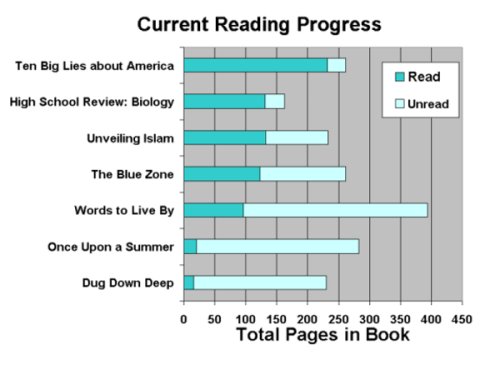Notes on Ergun Mehmet Caner and Emir Fethi Caner’s
Unveiling Islam
Chapter 8: Women (Love, Marriage, and Property)
I spoke earlier of how little I’ve discovered that I know of Islam.
This chapter speaks of the little I know first hand.
When Laura Bush and others started talking about freedom from Islamic oppression for women, I cheered. I was glad someone was finally talking about the elephant in Islam’s living room. Unfortunately, I fear that the Western world has failed to take seriously the threat that Islam poses to women.
We excuse the lack of education for many Islamic women, saying that it’s simply a cultural thing. We excuse the forced “modesty” by saying that perhaps the women prefer their burqas. And perhaps that is so–but this is only the tiniest hint of how Islam treats its women.
According to the Qur’an, women are inferior to men. No ifs, ands, or buts. Women are inferior. Women are the property of their husbands, and are a sexual object for their husband’s pleasure. While men can divorce their wives for any reason simply by declaring that he is divorcing her, women cannot divorce their husbands even those husbands are unfaithful or physically abusive. In fact, Islam not only excuses unfaithfulness and abusiveness, but explicitly encourages both polygamy and wife-beating.
Westerners deliberately close their eyes to this reality of Islamic faith, disbelieving that any modern religion could actually countenance such cruelty. This ignorance is naive and dangerous.
Truly, there are Islamic families (particularly in the US) who practice neither polygamy nor wife-beating. Perhaps there are some Muslim men who respect their wives as equals rather than as inferiors. But this is the exception rather than the rule–and is in opposition to what Islam actually teaches about the position of women in society and in the home.
The experience of a woman I know is far closer to the reality for Muslim women, even here in America. An American woman, she married a Muslim man and obtained US citizenship for him. He divorced her legally, and she lived on governmental assistance. Yet he still claimed marital rights–insisting upon conjugal visits, demanding that she not interact with other men, and taking money and work from her.
He beat her when they were married-and he still beat her after their divorce. She has had broken bones, deep wounds, even brain damage at his hand. Once he beat her badly and tied her to a chair and left her there.
I have seen the bruises. I have heard the stories. I have feared for my mother’s safety as she associated with this woman. But I have also seen the indoctrinated woman insist upon not pressing charges, do everything she could to waylay justice–because under Islam, her “husband” had every right to treat her as he did.
The Western world MUST awaken to see the threat Islam poses to women. We cannot allow ourselves to be blinded by pleas for tolerance and cultural sensitivity. Tolerance does not excuse the beating of women. Cultural sensitivity does not allow for the keeping of sex slaves. Islam not only excuses but promotes these. To “tolerate” Islam is to endorse the wholesale victimization of women. As such, no Christian man or woman is allowed the luxury of “tolerance”.
“All that is necessary for evil to triumph is for good men to do nothing.” (attributed to Edmund Burke)
Addendum (May 10, 2010): Ergun Caner’s testimony as a converted Muslim has been challenged by several bloggers who claim that he has grossly exaggerated the extent of his Muslim upbringing. Readers of this book ought to be aware that the Caners may or may not have the experiential knowledge of Islam that they claim to have, and should therefore be careful to test the statements found in this book against other reliable sources.




